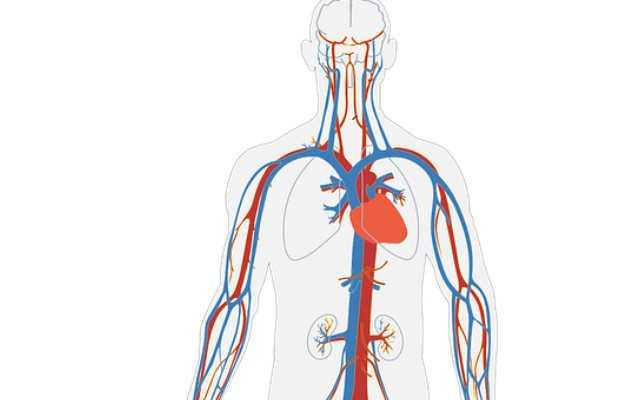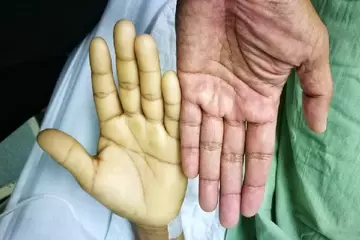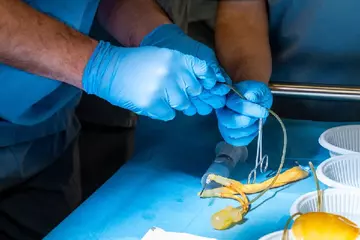What is soft tissue sarcoma?
Soft tissue sarcoma is an umbrella term used for a group of rare cancers that affect the connective tissues of the body. There are multiple types of soft tissue sarcomas depending on the location and the type of soft tissue affected.
The connective tissues of the body include blood vessels, muscles, fats, tendons, ligaments, deep skin tissues, and nerves.
These sarcomas (cancerous tumours) can develop in the arms, legs, torso, and the head and neck region.
What are its main signs and symptoms?
- Symptoms tend to have a gradual onset, hence, a patient may be asymptomatic in the early stage of the disease.
- As the size of the tumour grows, it may produce pain due to impinging of an underlying structure.
- If the sarcoma is in the chest region, near the lungs, then the patient can have difficulty in breathing.
- Abdominal soft tissue sarcomas may present with stomach pain or cramps.
- Vomiting blood, loss of appetite, weakness, and fever are other common signs of soft tissue sarcomas.
What are the main causes?
- Sarcomas do not have a specific cause.
- They may often have a genetic cause or are linked to a family history of sarcomas.
- A person who is undergoing radiation therapy for some other kind of cancer can also develop sarcomas due to adverse effects of radiotherapy.
- Exposure to chemicals like arsenic and herbicides increases the risk of developing soft tissue sarcomas.
How is it diagnosed and treated?
- Common investigations that are used to detect sarcomas include computed tomography (CT), X-ray, magnetic resonance imaging (MRI), and ultrasound.
- A biopsy, in which a tissue sample of the tumour is examined, can help to confirm the malignant (cancerous) nature of the tumour.
Treatment:
- Treatment of malignant tumours comprises of surgical removal of the tumour. In surgery, a part of the surrounding healthy tissue may also be removed.
- Sometimes, if the sarcoma is in the limbs, surgery is avoided to overcome the risk of amputation.
- Radiation therapy is also used to shrink the size of the tumour before surgically removing it.
- Radiation is known to have side effects like joint problems, swellings, etc.
- Chemotherapy in the form of intravenous medicines or pills may also be used for the treatment of a sarcoma.
- The final treatment plan depends on the type of sarcoma, the size of the tumour, and the overall condition of the patient.

 OTC Medicines for Soft Tissue Sarcoma
OTC Medicines for Soft Tissue Sarcoma















